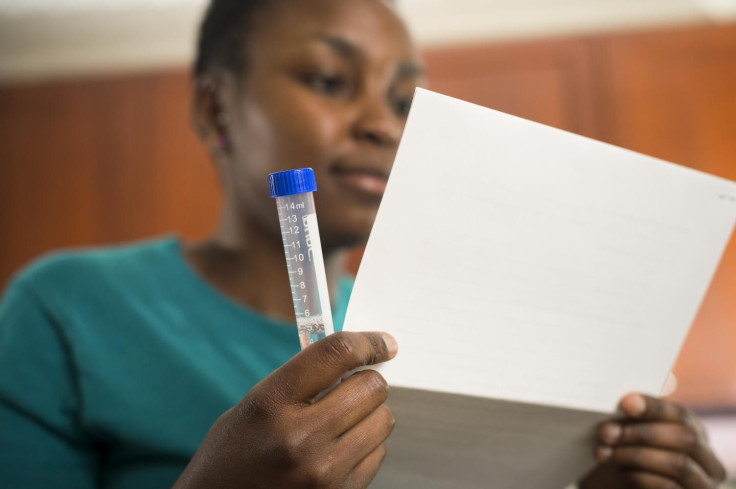To Understand Stuttering, Scientists Collect Spit Samples And Analyze The Genes Within

When Josh Ukrainetz was 3 years old, he was diagnosed with a stutter. Today, 10 years later, he’s speaking fluently and offering his saliva up to the University of Alberta for study. It’s a small gesture of gratitude for the years of help he received, but a great contribution to a research effort determined to find the root cause of his disorder.
Stuttering, by the best estimates, affects roughly five percent of all children at some point in their young lives, and about one percent of all adults. It’s marked by the telltale difficulty of delivering a word in full, and it’s made all the more frustrating by a complete lack of treatment options, let alone a cure. The best stutterers can do is manage their symptoms through the time-consuming process of speech therapy, which means essentially rewiring the brain.
“Nobody knows what causes stuttering and there are so many misconceptions about what causes and what exacerbates it,” said Josh’s mother, Sandra. “We are just so keen to do anything that can help further our understanding.”
Help is coming, and it’s in the form of a massive saliva database reserved for studying both the brain science and genetics of stuttering. By looking at a wide range of genes, scientists at the University of Alberta hope to untangle some key patterns that might explain why some people with a family history of stuttering never develop it, while others mark the first in their bloodline to receive a diagnosis.
“You need a large number of people for the true difference related to stuttering to come above the noise that that type of variability generates,” said Deryk Beal, assistant professor in the Department of Communication Sciences and Disorders in the Faculty of Rehabilitation Medicine, in a statement. So far, Beal and a team of scientists are up to 150 samples from stutterers and their family members. They hope to get many more.
Even more challenging is securing the funding for DNA testing itself — the linchpin to the entire enterprise. But at a testing cost of $1,000 per sample, the team still has a ways to go. If and when they receive the funding, they plan to ship the samples to Nationwide Children's Hospital in Columbus, Ohio, where geneticist Christopher Bartlett will oversee the sequencing.
For now, the researchers are still accepting samples from walk-in participants or people who choose to send the 5-milliliter sample by mail. One day, they hope to take the DNA information obtained by Bartlett and cross it with MRI scans of stutterers’ brains. That way, they’ll be able to see firsthand which disorders emerge because of faulty neural structures, determined by genetics, and which structures change to accommodate the impediment.
“This is the best way we have to move forward to solve that chicken-and-egg problem at this time,” Beal said. On the one hand, the experiment could end up producing more questions than it originally hoped to answer. But it could also mean kids like Josh Ukrainetz don’t have to suffer through some of their most valuable years just because of nature’s dumb, unfortunate luck.
Published by Medicaldaily.com



























